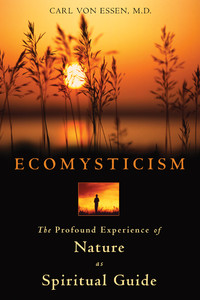In this groundbreaking book, Jill Harshaw explores the spiritual experiences of people with profound intellectual disabilities with regard to their capacity to enjoy life-giving spiritual experiences in their own right.
The author expertly argues that our thinking of spiritual life needs to start not with our assumptions about people who are unable to speak for themselves, but with what we can know about God. Stimulating a much-needed discussion, this book explains why we need to respect individuals with profound intellectual disabilities as spiritual persons, and stop seeing them simply as care-receivers or uncomfortable reminders of human vulnerability. Calling for a more critical approach in practical theology, this book invites a deeper, genuinely inter-disciplinary dialogue between new and traditional theological fields, and asks why, after more than 30 years of intellectual disability theology, the impact on church life remains minimal so that debates around the right to basic inclusion continue to dominate. The questions raised in this book not only move the discussion forward, but will spark a change on how the Church approaches inclusiveness.







